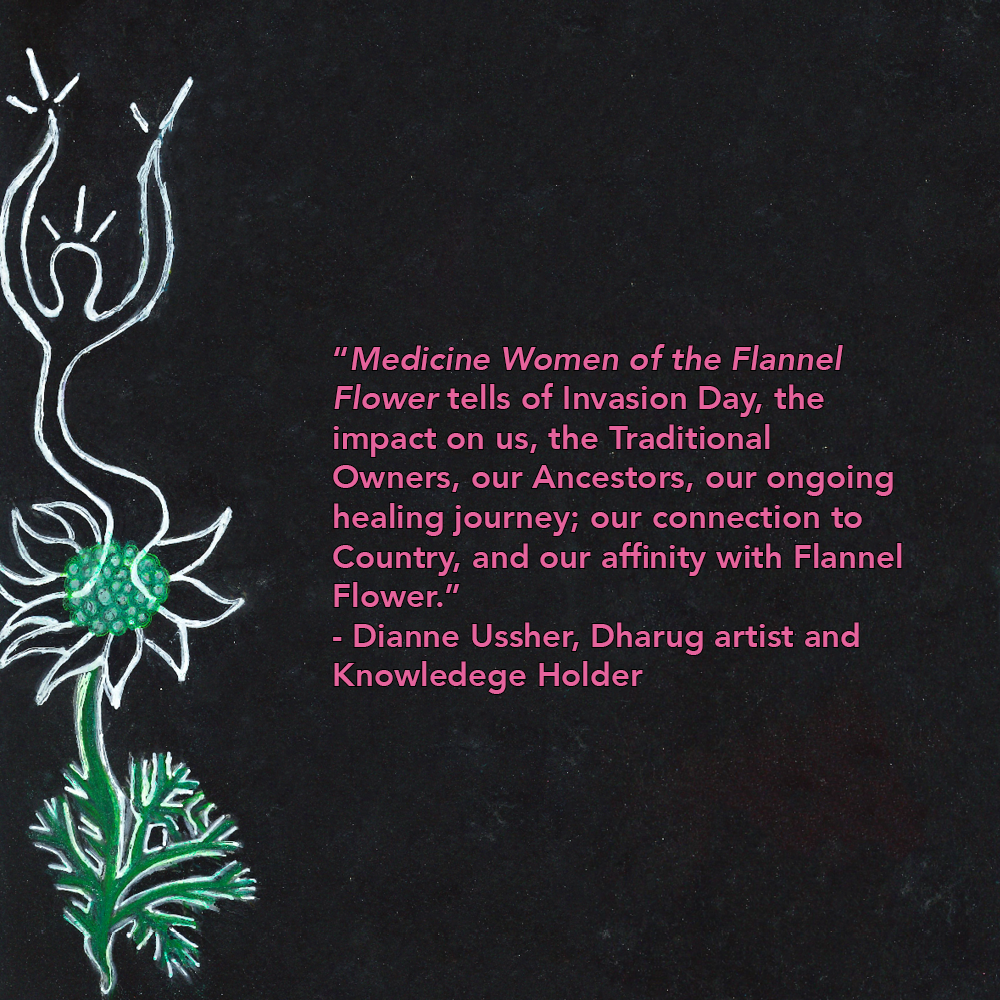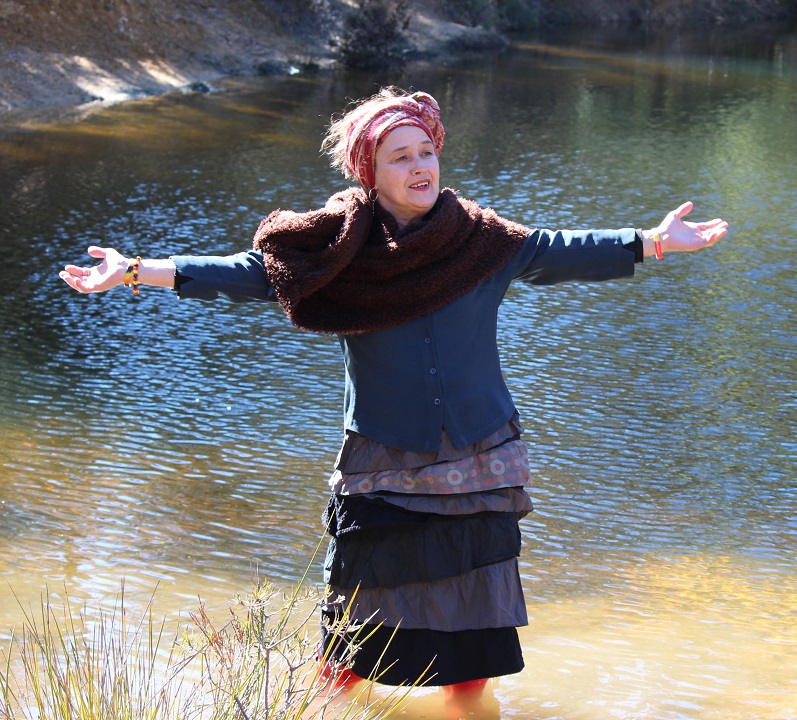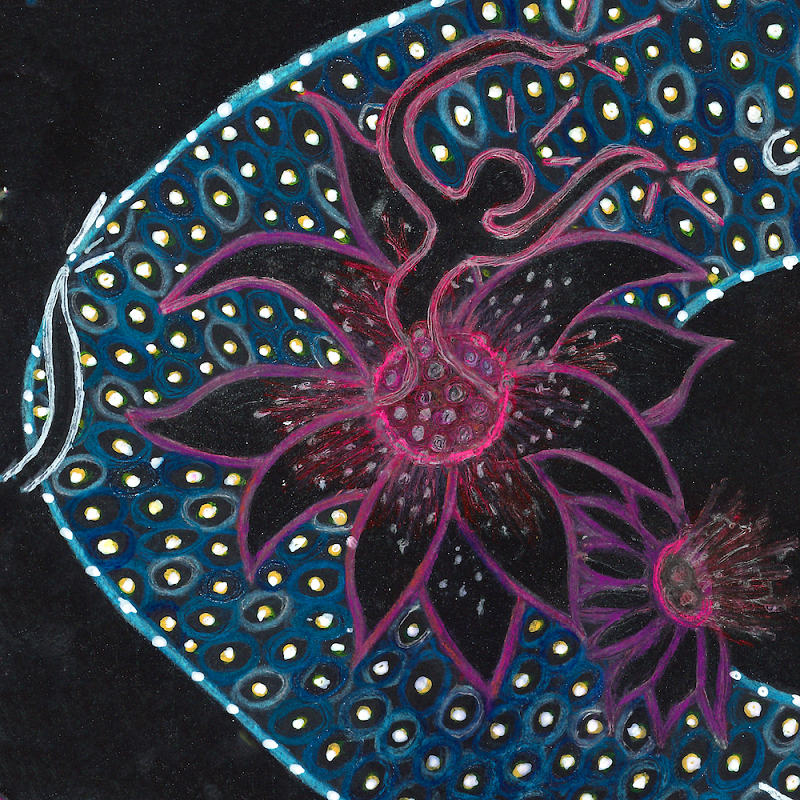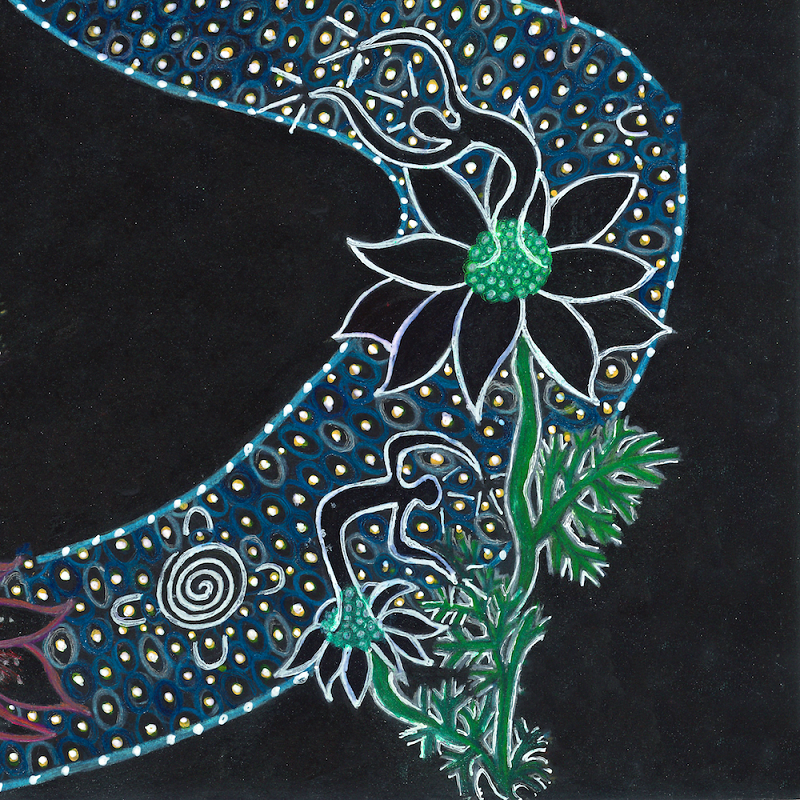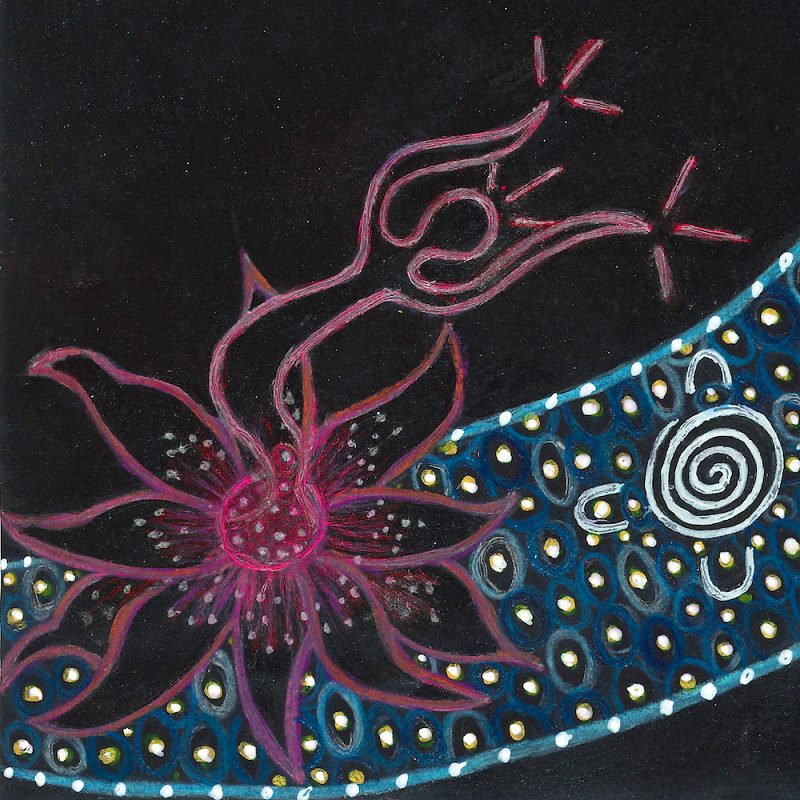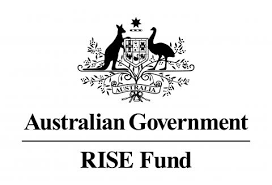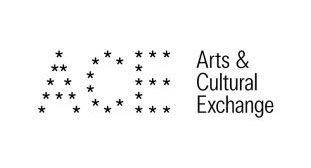Dharug Voices is a storytelling series celebrating Country and supporting new works by custodians and artists.
On 26 January 2021, Arts & Cultural Exchange commissioned Medicine Women of the Flannel Flower by Dharug artist Dianne Ussher.
Medicine Women of the Flannel Flower captures First Nations peoples ongoing healing journey and connection to Country in the wake of 26 January, and trauma, loss and resilience.
This work was made possible through Create NSW’s Rescue and Restart fund.

